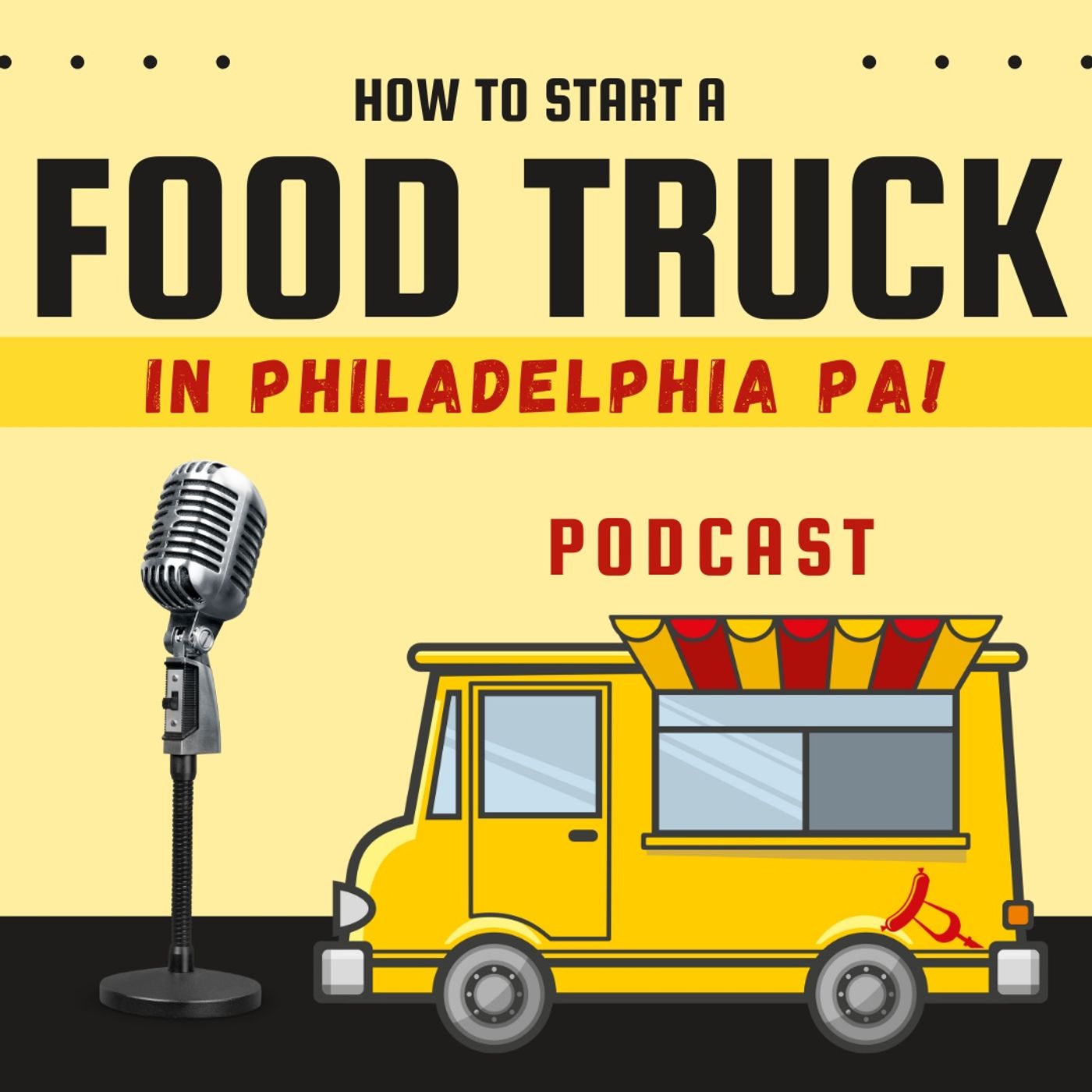How to Start a Food Truck in Philadelphia
- Author
- Marketing Food Online
- Published
- Mon 30 Dec 2024
- Episode Link
- https://www.spreaker.com/episode/how-to-start-a-food-truck-in-philadelphia--63510993
Starting a food truck in Philadelphia involves navigating a handful of important legal, financial, and practical steps. Below is an overview of the general process, along with tips specific to Philadelphia. As regulations can change, always confirm the latest rules with the City of Philadelphia and the Pennsylvania state government.1. Develop Your Business PlanWhy it’s important:
A solid business plan gives you direction, helps you estimate costs, and makes it easier to secure financing if needed.Key components of your plan:
A solid business plan gives you direction, helps you estimate costs, and makes it easier to secure financing if needed.Key components of your plan:
- Menu & Concept: Determine your cuisine, signature dishes, and unique selling points.
- Target Market: Identify your ideal customers and neighborhoods.
- Budget & Projections: Estimate start-up costs (truck purchase, equipment, licensing, insurance), operating costs (inventory, fuel, staff), and potential revenue.
- Marketing Strategy: Plan how to promote your truck—social media, food truck festivals, local events.
- Pennsylvania Business Registration: You can register online through the PA Business One-Stop Hub.
- Commercial Activity License (CAL): Almost all businesses operating in Philadelphia need this. You can apply online via eCLIPSE or in person at the Department of Licenses & Inspections (L&I).
- Business Income and Receipts Tax (BIRT) Account Number: Register for BIRT so you can file and pay your local business taxes.
- Food Safety Certification:
- At least one person in charge (PIC) must have proof of certified food protection manager training (e.g., ServSafe).
- Plan Review from the Health Department:
- Before you start serving, you’ll need to submit your truck layout and equipment list to the Philadelphia Department of Public Health for review. This ensures your truck meets local food safety standards (appropriate sinks, safe water supply, refrigeration, etc.).
- Mobile Food Vending Unit License:
- Also obtained through the Department of Health. An inspector may need to check your truck for compliance (plumbing, sanitation, etc.) before issuing this license.
- New vs. Used: A new truck or custom-built unit can be pricey, but easier to adapt. A used truck is more affordable, but may need significant renovation.
- Commercial Grade: Only use equipment that meets local health code requirements.
- Efficient Layout: Organize your workspace to keep raw and cooked foods separate and streamline your workflow.
- Vehicle Registration & Insurance: You’ll need commercial auto insurance for the truck and general liability insurance for the business.
- Fire Suppression: If you have a fryer or grill, you may need a built-in fire suppression system that meets Philadelphia Fire Department regulations.
- Philadelphia has specific rules on where mobile vendors can park and operate. Some busy areas have restrictions or may require special vending permits.
- Check local ordinances for restricted zones (e.g., near schools, stadiums, or congested city blocks).
- High Foot Traffic: Look for business districts, nightlife spots, or areas with limited dining options.
- Events & Festivals: Philly has numerous festivals and...
